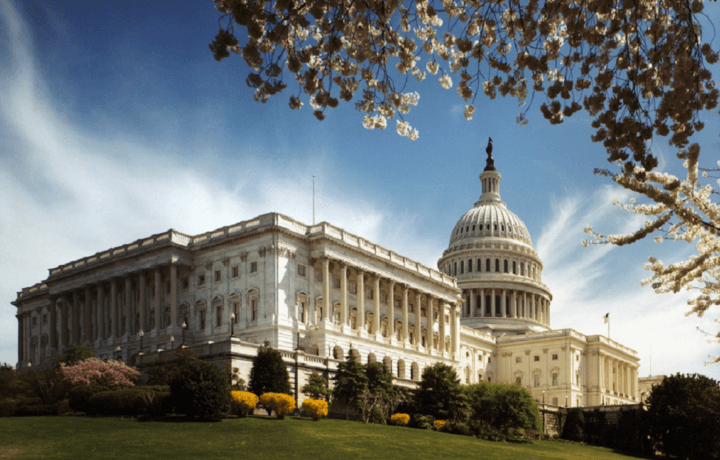The Parity Act of 2021 was a long overdue resolution initiative to the countless members of the National Guard and Reserve who serve on active-duty orders, but never receive Post 9/11 GI Bill eligibility for that time they served.
While the active component service members earn GI Bill eligibility for each day in uniform, National Guard and Reserve service members only earn this eligibility if their mobilization order has a certain order number assigned to it. In reality, National Guard and Reservists can be activated for weeks, months or even one year, as many were during the Iraq and Afghanistan wars, serving alongside their active-duty brethren, many times doing the same work side-by-side, but without gaining the same eligibility for education benefits.
Generally speaking, the GI Bill eligibility rules dictate, “Any time spent on Title 10 active duty, or under certain types of Title 32 orders, count toward eligible time for the Post-9/11 GI Bill. Currently, Title 32 orders do not count toward as time toward GI Bill eligibility unless it was ‘for the purpose of organizing, administering, recruiting, instructing, or training the National National Guard, or for the purposes of responding to a national emergency as declared by the President’.”
A couple of recent events to highlight this inequity were the 120,000 National Guardsmen that were called up in response to the January 6, 2021 riot attack on the Capital and the 44,500 called up in response to the pandemic. Because of the order number on the riot activation orders, the time spent on that order did not count toward GI Bill eligibility, none of those Selected Reserve component servicemembers initially received any credit toward their GI Bill eligibility for the days spent in support of that mission. As far as the order number assigned, it was not considered a national emergency.
However, after Congress began asking questions as to why that time did not count, the National Guard Director of Manpower and Personnel assured Congress that the time would count because federal funds were used to support the call-up, and it could fall under the national emergency clause.
The point is, it should have automatically counted without the intervention of Congress, but we are not there yet as far as equality between the active-duty and Selected Reserve when it comes to GI Bill eligibility for benefits.
In contrast, the time spent in response to the pandemic did count right away toward GI Bill eligibility. Weren’t both in response to national emergencies? And should not both have counted toward GI Bill eligibility right from the start?
National Guard and Reserve GI Bill Parity Act of 2021
The House bill – H.R. 1836 – during the 117th Congress for the National Guard and Reserve GI Bill Parity Act of 2021 was sponsored by Rep Mike Levin (D-CA). His co-sponsors included:
- Mark Takano (D-CA)
- Steven Palazzo (R-MS)
- Nancy Mace (R-SC)
- Time Ryan (D-OH)
- Chris Pappas (D-NH)
- Frank Mryan (D-IN)
- Mike Thompson (D-CA)
- Conor Lamb (D-PA)
- Also Del Gregoria Sablan (D-P At Large)
The bill received bi-partisan support in the House and passed with a vote of 287-133.
And in the Senate, the companion bill – S.2644 – was sponsored by Sen Jerry Moran (R-KS) and cosponsored by:
- Jon Tester (D-MT)
- Susan Collins (R-ME)
- Gary Peters (D-MI)
… but it did not have the support it needed to pass and ultimately failed on the vote.
So with S.2644 failing on the vote in the Senate of the 117th Congress, and nothing passing in the 118th Congress, we are back to square one fighting this fight for Selected Reserve GI Bill equality that has been going on since the Post 9/11 GI Bill was enacted back in 2009.
Maybe a future session of Congress can get enough support in both the House and Senate to get this inequity corrected before another 14 years and untold number of mobilizations that don’t count toward GI Bill eligibility go by.




